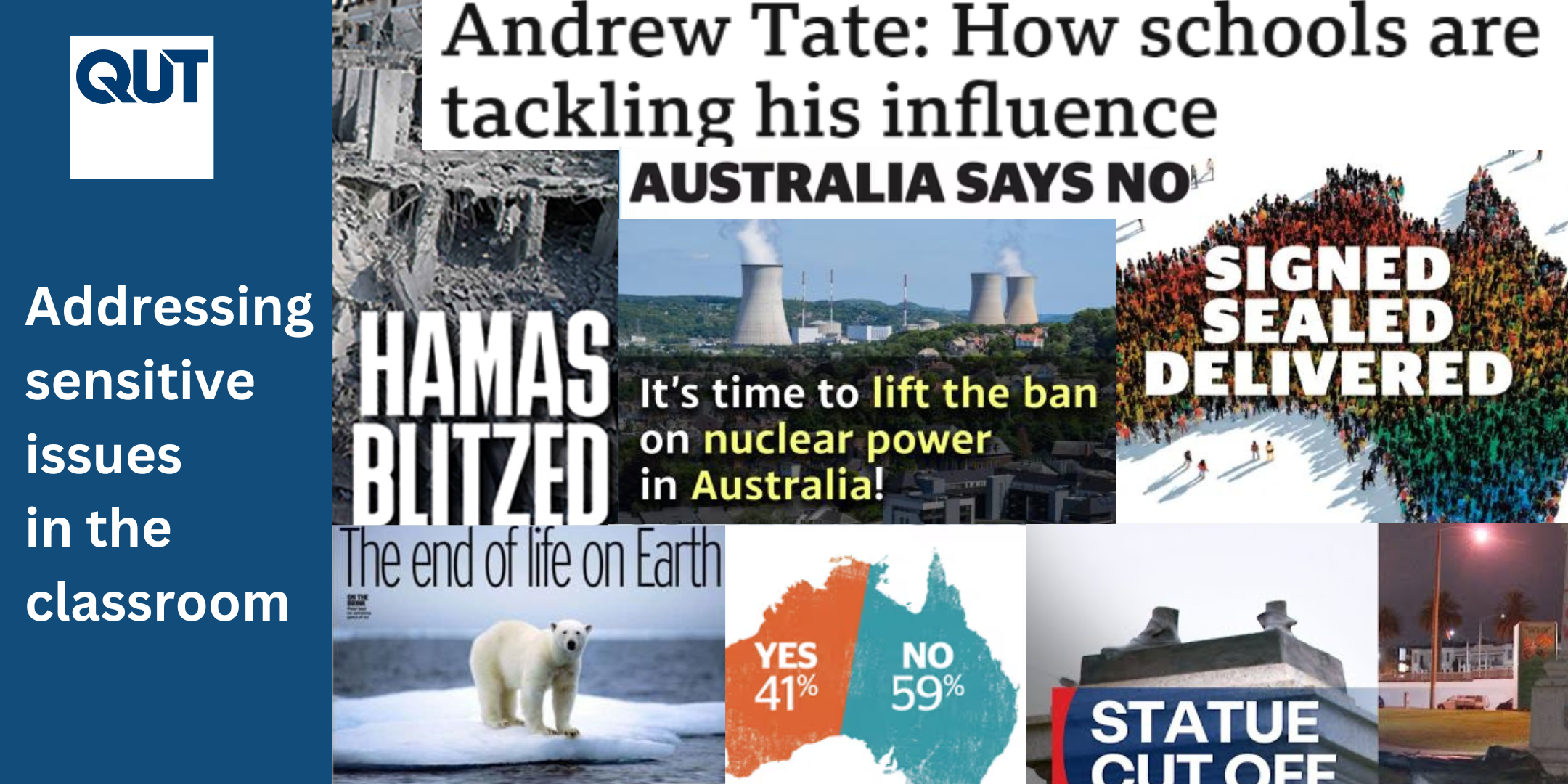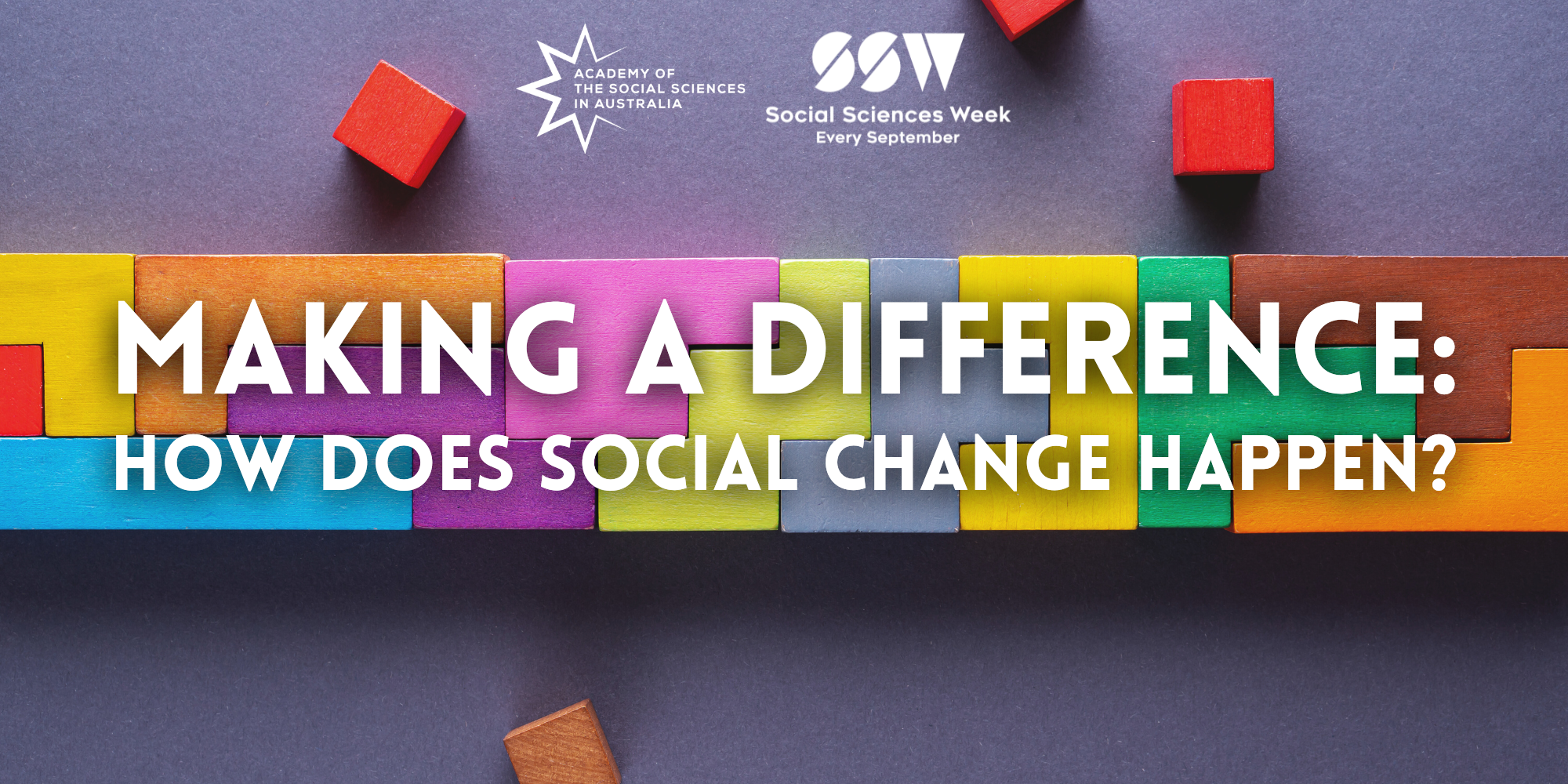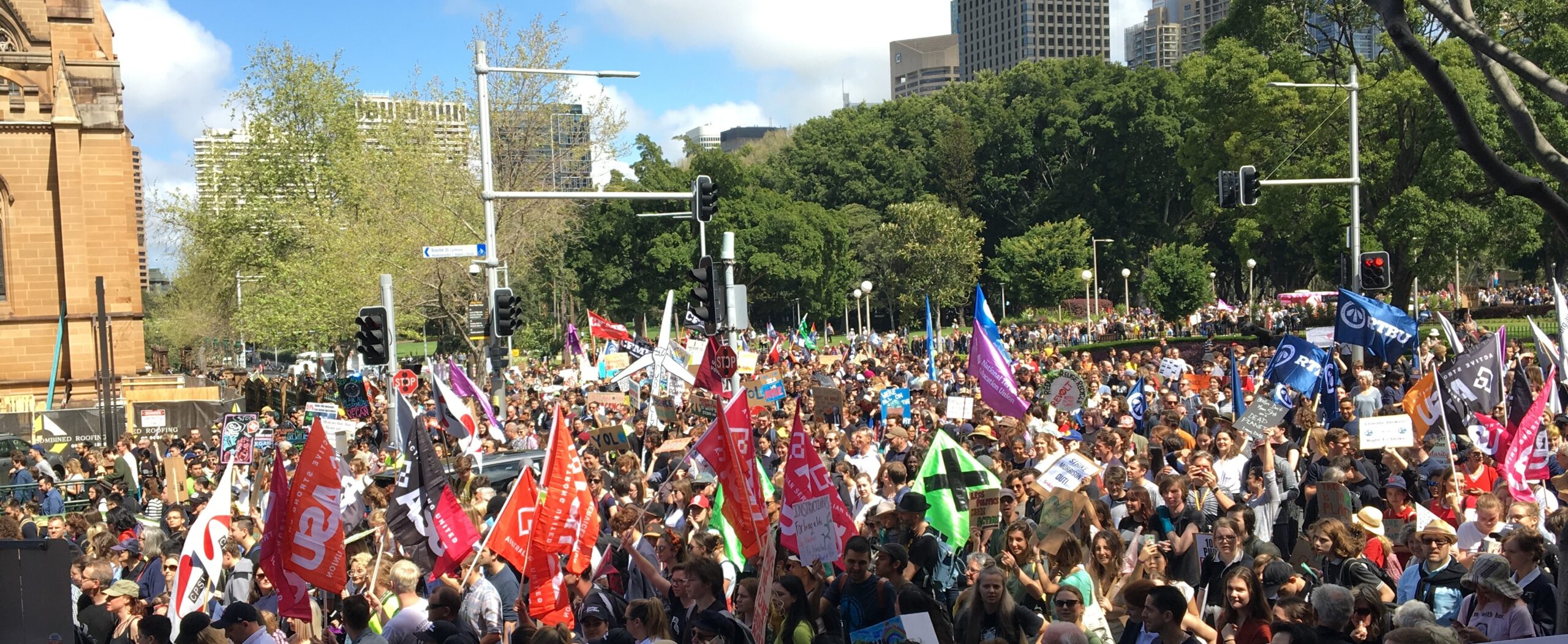Addressing sensitive issues in the classroom
Recorded sessionQueensland University of Technology Recorded session – available anytime Teachers cannot ignore sensitive issues. They may be circulating in the community or be part of the curriculum. For example, issues related to consent education, the Voice referendum, wars in foreign lands, climate change, nuclear power, religious discrimination and exemptions for schools, marriage equality, migration, refugees and social media influencer content can all make their ways into the classroom. How should teachers respond: Is it best to ignore issues raised if they are not part of the curriculum? Should teachers say where they stand on particular topics? Can shutting down some debates protect vulnerable students? Does the raising of issues provide important teachable moments about engaging in civil discourse? Are there some topics which should never be discussed in the classroom? How do we determine age-appropriateness for some topics? These and other questions were discussed at a recent Q&A panel consisting of academics from QUT’s School of Teacher Education and Leadership and experienced educators working in and with schools. In this recorded session our panel explores ways to respond to and engage students when sensitive issues are raised in the classroom.




